
Battery US Certification Requirements
Lithium Battery Products
Lithium battery products present potential hazards due to the risk of fire or even explosion. Accidents may occur if the electronic products containing lithium batteries, or the batteries themselves, are defective, overcharged, or overheated. As a resULt, various safety standards, regulations, and requirements have been established worldwide to ensure the safety of lithium battery products.
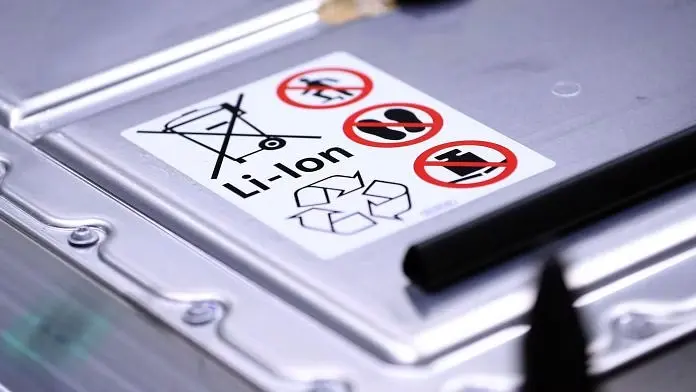
This document will discuss some basic regulations and standards for lithium batteries in the U.S. market, such as the Hazardous Materials Regulations (HMR), Reese’s Law, and the Consumer Product Safety Improvement Act (cpsia). Specific lithium battery products intended for different purposes may need to comply with additional requirements, including more detailed state-level laws and regulations in the U.S., which are not covered here. This document primarily focuses on the basic requirements for lithium batteries themselves.
UL Standards
Underwriters Laboratories (UL) is a U.S.-based testing and standards organization that frequently publishes product safety standards, many of which have become national standards in the U.S. The UL standard system includes several standards specific to lithium batteries and products containing lithium batteries.
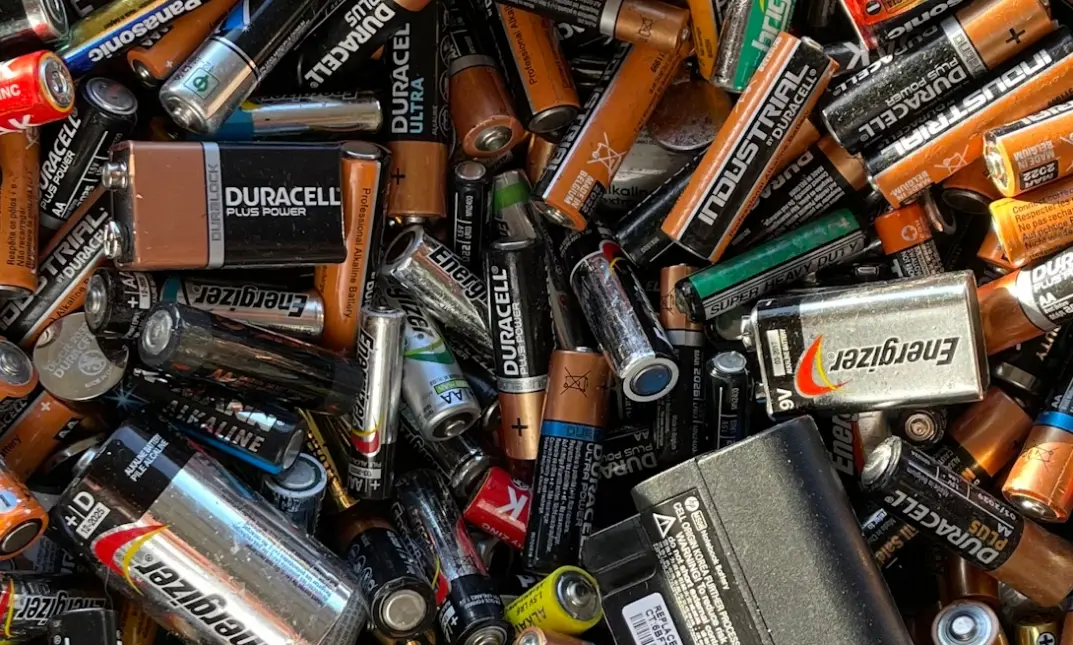
While UL standards are generally voluntary unless referenced by regulations, manufacturers must adhere to them in the following scenarios:
a. When selling products on Amazon or other online platforms that require sellers to comply with UL standards.
b. When customers require products to meet UL standards.
c. When manufacturers wish to avoid product recalls in the U.S. market due to safety concerns.
The main UL standards related to lithium batteries include:
- UL 1642 – Lithium Batteries
UL 1642 covers lithium primary (non-rechargeable) and secondary (rechargeable) batteries used in products for power supply. This standard focuses on the following aspects to mitigate fire or explosion risks:
a. When batteries are used within other finished products.
b. When the lithium batteries included in products are user-replaceable and may be disposed of by users.
- UL 60086-4 – UL Standard for Primary Batteries, Part 4: Safety of Lithium Batteries
UL 60086-4 applies to lithium primary batteries and primarily addresses safe operation under both intended use and foreseeable misuse.
- UL 4200A – Safety Standard for Products Incorporating Button or Coin Cells
UL 4200a, supported by the U.S. Consumer Product Safety Commission (CPSC) and in line with Reese’s Law, specifies safety requirements for consumer products containing button or coin cells (including lithium button and coin cells). The standard mandates that the battery compartment be secure and that proper labeling is provided.

CPSC Recommended Standards
The U.S. Consumer Product Safety Commission (CPSC), a federal agency responsible for ensuring product safety in the U.S. market, has issued guidelines and recommendations for standards applicable to specific product categories, including lithium battery products. Some of the CPSC-recommended standards for lithium battery products include:
- ANSI/NEMA C18 – Safety Standard for Primary, Secondary, and Lithium Batteries
- ASTM F2951 – Consumer Safety Specification for Baby Monitors
- ASTM F963 – Consumer Safety Specification for Toy Safety
- IEEE 1625 – Standard for Rechargeable Batteries for Portable Computing Devices
- IEEE 1725 – Standard for Rechargeable Batteries for Mobile Phones
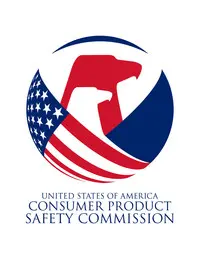
Hazardous Materials Regulations
The Hazardous Materials Regulations (HMR) outline the transportation requirements for hazardous materials, including lithium batteries. HMR covers testing, labeling, documentation, and packaging requirements for such products.
un 38.3 testing
HMR requires lithium batteries to comply with the UN 38.3 section of the United Nations Manual of Tests and Criteria, which sets forth the standards, testing methods, and processes for the transportation of lithium batteries.
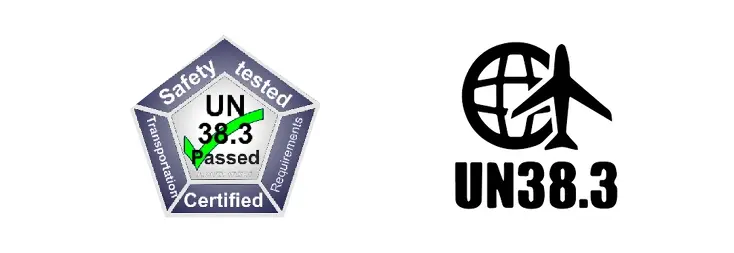
Other Lithium Battery Requirements
Additional requirements for lithium battery products are listed in the "Hazardous Materials Table" in Part 172 of Title 49 of the Code of Federal Regulations (CFR). These requirements vary depending on the type of lithium battery and include:
- Packaging requirements
- Documentation requirements
- Labeling information
- Special provisions
- Content limitations
Button and Coin Cell Requirements
As previously discussed, additional details can be found in the following resources:
- Export Guide to the U.S.: Button and Coin Cells
- U.S. Market Compliance Guide for Button Cells
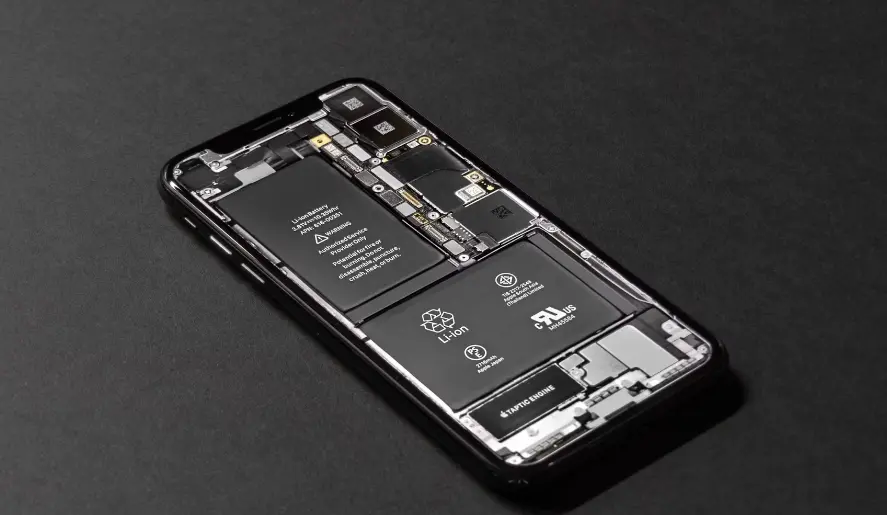
Consumer Product Safety Improvement Act (CPSIA)
CPSIA includes requirements for materials, labeling, documentation, and testing of children's products, including those powered by lithium batteries.
CPSIA incorporates ASTM F963, making it a mandatory standard for toys and certain childcare articles in the U.S.
ASTM F963 – Consumer Safety Specification for Toy Safety
This standard applies to toys and certain childcare articles, including those powered by lithium batteries. Specific requirements for lithium battery products include, but are not limited to:
- Small parts testing
- Battery compartment requirements
- Warning labels
Children’s Product Certificate (CPC)
A Children’s Product Certificate (CPC) must accompany children’s products and be based on test reports from CPSC-accepted laboratories. The CPC must include the following information:
- Product information
- List of applicable CPSC safety regulations
- Manufacturer’s name and contact information
- Name of the person maintaining test report records
- Date and location of production and testing
- Information on the third-party testing company
Labeling Requirements
Tracking Label: Manufacturer’s or private labeler’s name, production location and date, detailed manufacturing information (e.g., batch or run number), and other information to help determine the product’s origin.
Small Parts Warning: CPSIA requires that children’s products containing elements posing a choking hazard (e.g., small parts) include a choking hazard warning label. Other types of necessary warnings may also be required.
Please note: Other U.S. standards may apply to battery-powered products. For example, astm f2923 covers children’s jewelry.
Laboratory Testing
As lithium batteries are classified as hazardous materials, they must undergo testing in accordance with relevant safety standards, and a test report must be obtained to demonstrate compliance with applicable safety standards.
Different standards have varying testing requirements based on the type of safety concerns they address. For instance, standards like UL 4200A emphasize the safety of the battery compartment and require testing to ensure that the battery compartment is not easily accessible.
In theory, some standards not mandated by law are voluntary. However, in practice, manufacturers are encouraged to comply with relevant safety standards to ensure product safety.
Below are examples of laboratory testing required by various safety standards discussed in this document:
- UL Standards: UL standards related to lithium batteries require the following tests: Over-discharge test, Short-circuit test, Crush test, Impact test, Thermal cycling test.
- Hazardous Materials Regulations: UN 38.3 testing.
- 16 cfr part 1263: Performance testing, Structural testing.
- CPSIA: Restricted substance testing, Small parts testing, Testing per ASTM F963.
Other Requirements
In addition to the content mentioned above, lithium batteries and products containing lithium batteries must comply with other regulatory requirements:
- California Proposition 65: Requires testing for heavy metals, phthalates, and other substances in products, including lithium batteries. This regulation also includes warning label requirements.
- Country of Origin Marking: Requires consumer products, including lithium batteries and products containing lithium batteries, to be marked with the country of origin.
- Uniform Packaging and Labeling Regulation (UPLR): Adopted by several states, this regulation includes labeling requirements for consumer product packaging, applicable to lithium batteries and products containing lithium batteries.
- Fair Packaging and Labeling Act (FPLA): Includes labeling requirements for certain products, including food, drugs, cosmetics, and devices regulated by the FDA. Certain medical devices may be powered by lithium batteries and must comply with corresponding requirements.
- Amazon Requirements: Amazon has specific requirements for lithium batteries and certain products powered by lithium batteries.
China JJR Laboratory is an IEC 17025 accredited laboratory, providing battery certification testing services. The ul4200a test report fee is $670. Welcome to get more battery certification test quotes.
Email:hello@jjrlab.com
Write your message here and send it to us
 Is FCC Testing Required?
Is FCC Testing Required?
 Where to Find FCC Test Reports
Where to Find FCC Test Reports
 LFGB Compliance Testing for Plastic Food Contact M
LFGB Compliance Testing for Plastic Food Contact M
 How to get LFGB Compliance Report for Food Grade P
How to get LFGB Compliance Report for Food Grade P
 LFGB Certification Process for Kitchenware Product
LFGB Certification Process for Kitchenware Product
 LFGB Test Requirements for Food Contact Materials
LFGB Test Requirements for Food Contact Materials
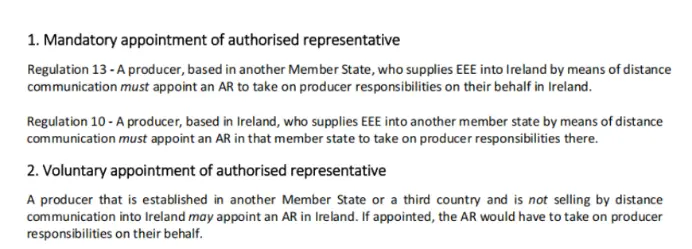 Irish Battery Act Requires an Authorised Represent
Irish Battery Act Requires an Authorised Represent
 Swedish Battery Act Requires an Authorised Represe
Swedish Battery Act Requires an Authorised Represe
Leave us a message
24-hour online customer service at any time to respond, so that you worry!




